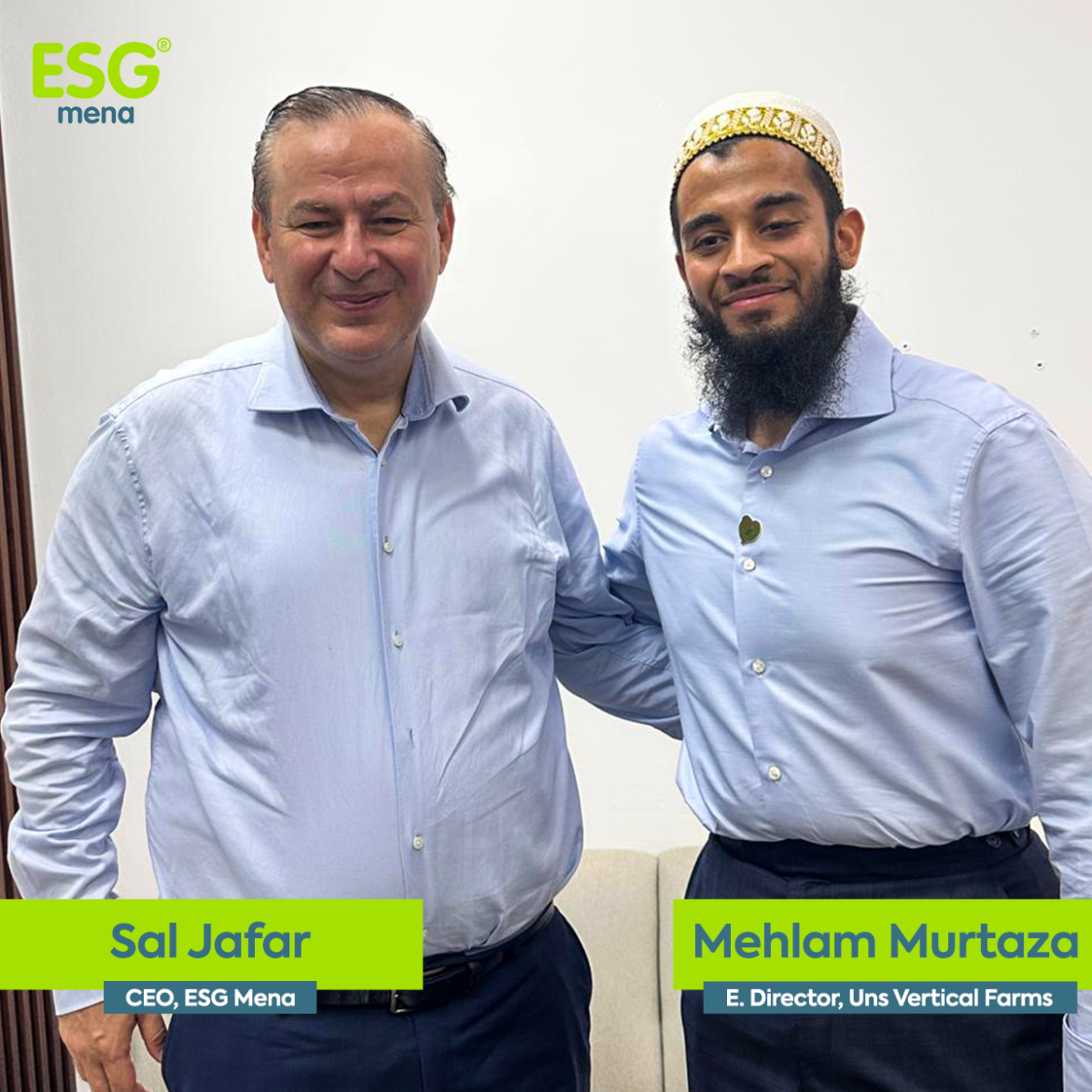Sal Jafar, CEO of ESG Mena interviewed Mehlam Murtaza, E-Director of UNS Vertical Farms, to find out about how the industry can become more sustainable in the MENA region through …
Author
rachel
- DevelopingInnovation & Education
Bridging Academia and Industry: Prof. Karim Lakhani on Driving Global Impact
by rachelIn an interview with Sal Jafar, CEO of ESG Mena, Prof. Karim Lakhani, Chair of DDDI at Harvard, discusses best practices in academia and the private sector, and shares insights …
- DevelopingInnovation & Education
AI and Sustainability: Dr. Najwa Aaraj on Challenges and Opportunities in the Middle East
by rachelIn an exclusive interview with Sal Jafar, CEO of ESG Mena, Dr. Najwa Aaraj, CEO of Tech Innovation Institution, shares her perspective on the challenges and benefits of integrating AI …
In July, the Serbian government reinstated the permits for Rio Tinto’s lithium mining project, after canceling them in 2022 following public protests. The decision triggered demonstrations, with thousands of people …
- EnergyEnvironmentLatest News
Al Masaood Group and Hengst Partner on Filtration Solutions in the UAE
by rachelIn a bid to drive sustainability and innovation, Al Masaood Group’s Projects, Engineering and Services Division (PESD) has signed an exclusive agency agreement for new business partners with Hengst Air …
- EnvironmentInnovation & EducationLatest News
Nine-Year-Old Becomes Saudi Arabia’s Youngest Environmental Influencer at Impact Makers Forum
by rachelMarking a significant milestone as the event’s youngest speaker, nine-year-old Fareed Mohammed Felemban, a student of global online education platform 51Talk, delivered a speech at the inaugural Impact Makers Forum. …
To date, the ocean has largely been treated as an afterthought in global climate strategies, sidelined in favor of more visible priorities like renewable energy and reducing carbon emissions. But …
Aiming to deepen participants’ legal understanding of cybercrimes, distinguishing them from traditional crimes, the General Secretariat of the Supreme Legislation Committee in the Emirate of Dubai (SLC) organised an educational …
- Innovation & EducationLatest News
Zoom Continues Investment in Europe, the Middle East and Africa with New Senior Hires
by rachelIn a bid to drive growth and enhance customer success, Zoom Communications, Inc. has strengthened its long-term commitment to Europe, the Middle East, and Africa (EMEA) with a series of strategic …
- DevelopingEnvironment
Education and Sustainability: Shaping the Future of Major Events in the Middle East
by rachelThe MENA region has quickly become a hotspot for major events and tourism, from global conferences, to sporting events, and cultural exhibitions. As the pressure on venues to reduce the …
Newer Posts




